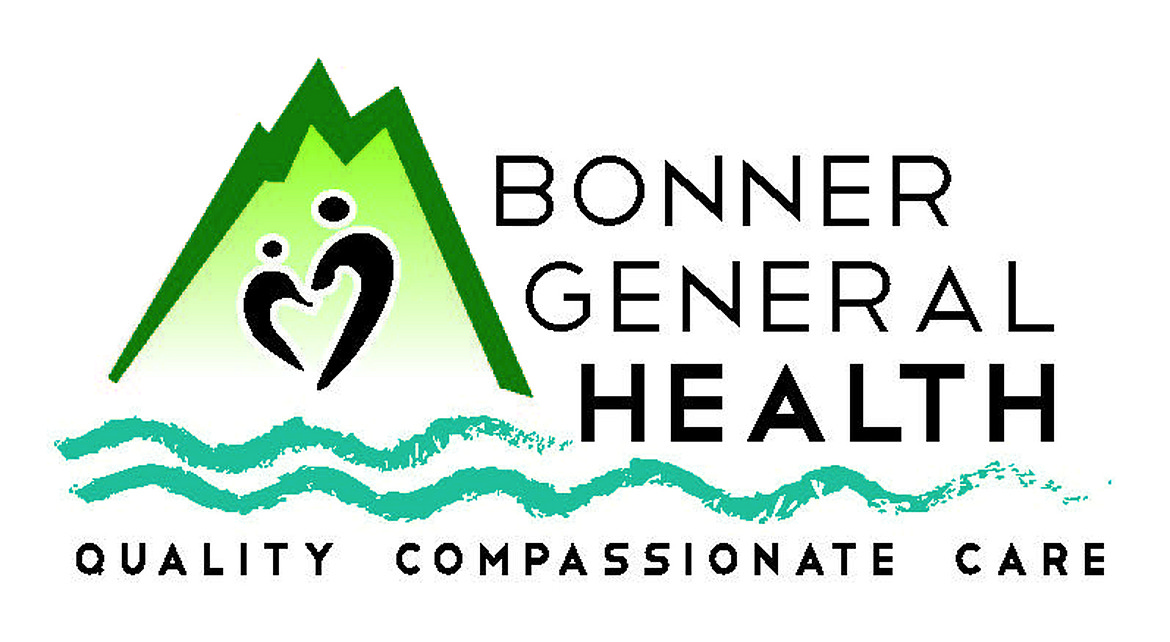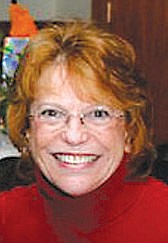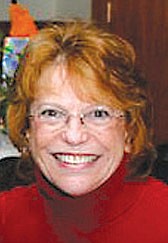Facts and myths about drugs and alcohol
Here are some statistics: according to the Substance Abuse and Mental Health Services Administration, thirteen years old is the average age children start experimenting with drugs. Alcohol is the most commonly abused substance and the third most common cause of death in the U.S.
Fifty percent of all suicides and over fifty percent of all violent crimes are caused by alcohol and/or drugs. Over fifty percent of all traffic accidents involve alcohol or drugs. Eighty percent of all domestic violence reports are somehow related to drugs or alcohol. And that's not all.
Thirty-four out of thirty-five alcoholics never receive treatment. Not surprising the most abused prescription drugs are painkillers, tranquilizers, and stimulants. And marijuana, cocaine, and hallucinogens top the list of most often abused illegal drugs.
"More than $600 billion is lost annually from the U.S. economy due to substance abuse," SAMHSA says. They also say that an estimated 21.2 million people needed substance abuse treatment in the U.S. in 2018, but only 3.7 million received it.
So, what are the myths about addiction recovery? WebMD says that it's widely believed that people with addiction need to hit rock bottom before they will decide to get help on their own.
"This has repeatedly been proven to be untrue," Dr. Omar Manejwala, a psychiatrist and addiction expert said. "Often, people aren't ready to get help because of stigma or shame. To encourage them to seek treatment you can reassure that you aren't judging them."
Another myth is that relapse means treatment has failed. More likely, it means that the treatment and rehab will take longer. It's not uncommon for people to need "multiple treatment episodes," A WebMD article said. "Like a medical condition that needs to be treated several times, a person has to comply with doctor's orders to see any success."
As for inpatient rehab centers being the only way to treat addiction, they say that they are a well-known option but not the only one.
"The majority of people who achieve recovery do not go to such programs, although they can be helpful for many," Dr. Manejwala said. "Many treatments are available, and people with addiction may try several treatment options before they find the one that works for them."
One widespread myth is that medication-assisted treatment just switches one addiction for another. The reference here is the use of medications like methadone to treat opioid or heroin addiction.
"We would never say that about giving medications for diabetes or some other condition," Dr. Manejwala said. "The medications used to treat addiction are very effective and dramatically reduce the risk of overdose."
Indian Health Service also has a list of myths. Some of the topics we've already covered, but three of them I want to add here. The first is "severe substance use disorder (SUD) is a disease; there's nothing you can do about it. Truth: Most experts agree that SUD is brain-based, but that doesn't mean one is a helpless victim. The brain changes related to SUD can be treated and reversed through therapy, medication, exercise, and other treatments. As with any behavioral change, a personal commitment to change comes from within and requires a commitment to focus on the treatment plan."
The second myth is that willpower is all you need to beat addiction. "Truth: Prolonged substance use alters the way the brain works. The brain sends signals of powerful and intense cravings, which are accompanied by a compulsion to use. These brain changes make it extremely difficult to quit and often a treatment program is required."
And the final myth we'll address is that addiction is lifelong. "SUD is different in every person, where some struggle for years and other manage to respond to treatment quickly. The ultimate goal is that long-term recovery will allow people to lead normal land productive lives."
Kathy Hubbard is a member of the Bonner General Health Foundation Advisory Council. She can be reached at kathyleehubbard@yahoo.com.



